

Demurrage and detention fees are unwanted surprise freight charges that cut into your bottom line. In the last few years, global shipping squeezes have led to increased freight fees, including for demurrage and detention. In 2022, the average demurrage and detention fees increased by 38% over 2021 levels. The issue is particularly acute in the United States, and in 2022, the top 5 most expensive detention and demurrage charge ports were all in the United States.
Unplanned demurrage and detention fees can significantly impact your transportation budget, but they are also mostly avoidable when you use the right solutions and partnerships. Understanding these charges, how they occur, and what your business can do to minimize these costs is essential.
The first step to avoiding detention and demurrage fees is having a solid grasp of what they mean and where they come from. To make learning about demurrage and detention easier, we’ve assembled some of the most common terms and definitions here for reference. You can also check out our glossary of terms.
Free time is the built-in time during which the carrier’s equipment can be used free of charge. During free time, neither detention nor demurrage fees will be charged.
Free time varies from carrier to carrier and port to port. The total number of free days you get for a container depends on the carrier and whether your shipment is a full container (FCL) or less than container load (LCL). Most FCL ocean freight companies will give you 3 to 5 days, while for LCL, you typically get a week of free time. Airlines and railways typically provide 2-3 days and 2 days of free time, respectively. For a more comprehensive list of free time windows in the United States, view the Vessel Operating Common Carriers, Marine Terminal Operators, or Ocean Transport Intermediaries lists on the Federal Maritime Commission’s website.
“Last Free Day” (LFD) is related to free time and refers to the final day before charges are incurred.
Demurrage fees are incurred when a container sits at a port beyond the free time window. Once free time ends, businesses are charged a daily fee for every day the container remains in port. This can occur for both imports and exports. For imports, demurrage is charged for every day the container remains in the port, while for exports, demurrage is charged if the container arrives at the port before the agreed-upon free time begins. Terminal operators, steamship lines, railroad authorities, and airport authorities enforce demurrage fees.
Fees can range from $75 to $300 per container per day. Demurrage fees can add up quickly and affect your bottom line. For example, if you have 10 containers and pick up was delayed by five days, demurrage can cost you between $3,750 and $15,000 for that shipment.
Similar to demurrage, detention fees begin after free time. Detention charges can refer to two different fees. Per diem detention charges are incurred for equipment usage, and driver detention fees are, as the name suggests, those incurred from extended driver wait times. One key difference is that per diem detention fees are charged daily, while driver detention fees are typically per hour.
Per diem detention fees apply to shipping containers and are paid to carriers for using their equipment. Detention is typically charged once the container has left the port, but sometimes, detention might be charged while the container is still in port. That means you could be charged demurrage and detention fees for the same container at the same time in some cases.
When drivers are delayed at pick-ups or drop-offs, it can cause them to be late for subsequent appointments. These delays can add up significantly. A Department of Transportation (DOT) report estimated that appointment delays caused an average profit loss for commercial drivers of $1.1 to $1.3 billion annually. To offset these lost profits, trucking companies charge driver detention fees when truckers are delayed while loading or unloading cargo – usually after an industry standard of two hours for full containers or truckloads.
While each situation is unique, most accrued demurrage and detention fees stem from a short list of causes. By understanding the most common reasons shipments are delayed and demurrage & detention fees are accrued, we can keep an eye out for those situations and act quickly to avoid additional charges.
The shipment process still depends on people, so when port employees, truck drivers, or warehouse workers are on strike or experiencing staffing shortages, backlogs can cause your containers can get delayed and start accruing charges.
Just like with labor, a shortage of equipment to transport or shift products can slow your shipment. Over the past few years, we’ve seen an increase in container and chassis shortages, both of which cause delays in shipment movement and can lead to additional costs.
Issues with customs or other documentation problems can mean customs agencies will not release your container from the ports.
Demurrage delays can also occur when shippers haven’t completed payment for their shipments. The shipping company can refuse to release the containers if the shipment costs or additional fees haven’t been paid in full. In those cases, demurrage will be charged for every day the bill remains unpaid and the containers remain in the port.
Truck drivers are mandated by law to only drive 14 hours per day and must have a full 10 hours off duty before driving again. If drivers reach their maximum hours daily, they must stop and rest. If they spend several hours waiting in line to pick up a shipment or sitting in traffic, they still need to stop, and this could mean that your container is late to be delivered, unloaded, and returned to the port.
Similarly, natural events can also delay drivers. Severe storms, icy conditions, or flooding can all prevent truckers from driving and delay shipment delivery. Weather conditions can also cause ports to close, delaying container pick-up.
Detention and demurrage charges are just some of the hidden fees that shipments can accrue throughout their journey. But, like those charges, detention and demurrage fees are mainly avoidable with some planning. Here’s a quick list of what you can do to minimize demurrage and detention fees for your shipments.
Especially with labor and equipment shortages, ports can fill up quickly. Containers are often stacked on top of each other, and if your container is underneath other containers, you have to wait until the other containers are moved. Especially during peak season, consider using a pre-pull to avoid demurrage fees. For a pre-pull, a trucker will pick up the container as soon as it arrives in the port and store it in a trucker yard before being delivered. This can help you avoid long wait times at the port while your container is stuck under other containers.
Additionally, truck driver and chassis shortages can mean that even if your container is ready to be picked up, you might be unable to schedule a driver. Planning and booking a truck as soon as you know you’ll need one will reduce the number of days your container sits at the port.
Another way to plan ahead is to file customs papers before your shipment arrives. Importers or their customs broker can file customs entry documents up to five days before the containers physically arrive. Pre-clearing loads help avoid any delays with customs once the container comes and can help you avoid demurrage fees.
For both demurrage and detention, a freight forwarding partner can help significantly reduce delays and maximize the efficiency of your shipments. They provide visibility on your shipment and help facilitate booking drivers, planning deliveries, and more.
One way they can help is with paying invoices on time. Typically, if your shipment has accrued any demurrage fees, it won’t be allowed to leave the port until those fees have been paid. In the meantime, each additional day your shipment stays in the port will add additional costs. A freight forwarding partner will typically pay the fees on your behalf when the container is picked up and invoice you, vastly speeding up the process and minimizing additional costs.
With so many moving parts, it’s essential that you have full traceability of your shipment at every stage, from the origin port through arrival at the destination, customs clearance, and final delivery. This enables you to ensure that drivers, warehouses, and other parties are ready to act as soon as the shipment arrives. It also makes problem-solving far easier since you know exactly where your shipment is and how to tackle the problem. Look for a partner that provides advanced visibility technology for real-time updates at every stage of a shipment.
Freight Right delivers global logistics solutions across the supply chain. Operating in over 180 countries, Freight Right has facilitated the delivery of over 100,000 shipments, including for the worldwide shipping pioneer Amazon. Whatever you’re transporting, Freight Right can make your logistics easy, transparent, and efficient with its suite of tools for everything from import to warehousing to delivery. Minimize detention and demurrage fees, speed up delivery, and improve overall efficiency: get a quote today or contact the experts at Freight Right for a consultation.

Learn about the most common extra charges on ocean import

Freight Right can help you with PACT Act compliant international shipments of your e-cigarette and vape products.
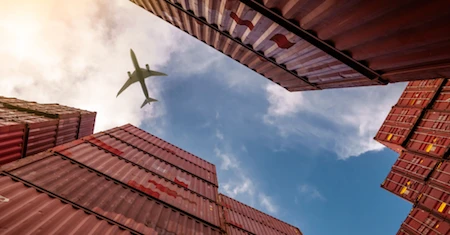
This article will explain what international air freight charges are and how to calculate the chargeable weight when shipping goods overseas.

It has been established: ATA Carnets make the import/export experience of non-commercial goods so much easier, however, the usage of this document, has its own complications and concerns. Many Carnet holders often show concern about when to use each part

Do you really need multiple customs brokers? Find out how a single freight forwarding and customs brokerage provider saves you time and money.

The amount of truckers is dwindling and it is not good news for the freight industry. Why is this happening and what are the long and short term solutions?
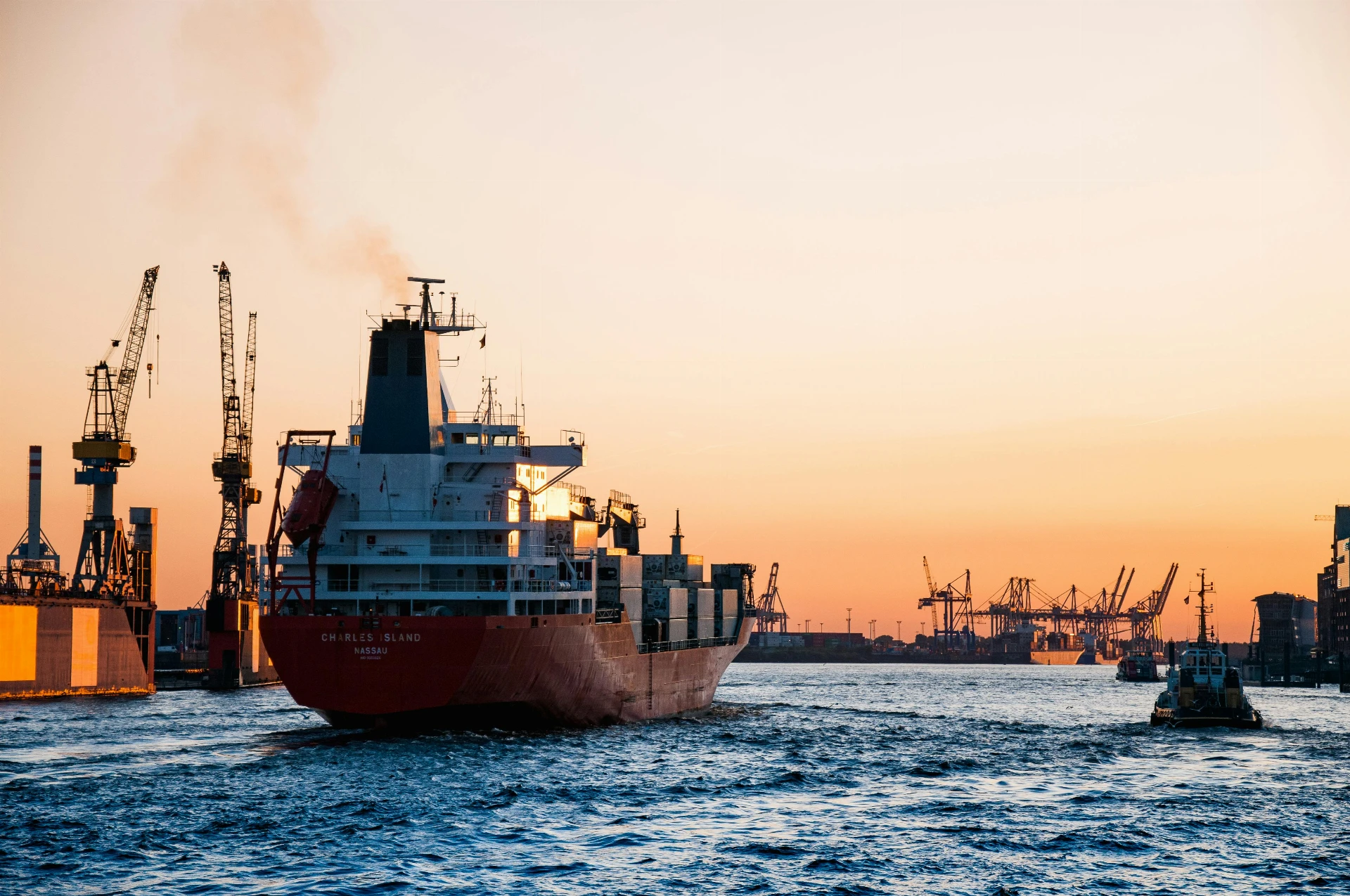
President Trump issues Executive Order to stop overlapping tariffs on imports under national security and trade actions, ensuring duty rates remain targeted and non-cumulative. Effective retroactively from March 4, 2025.
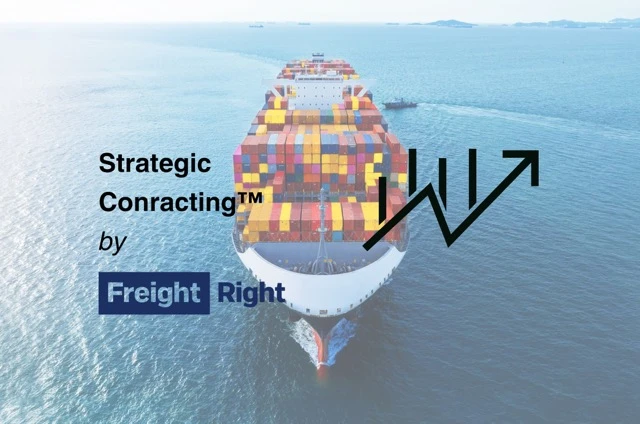
A look into the volatile freight contract season, exploring broken promises, rate surges, and solutions for sustainable agreements through strategic contracting and innovative market practices.
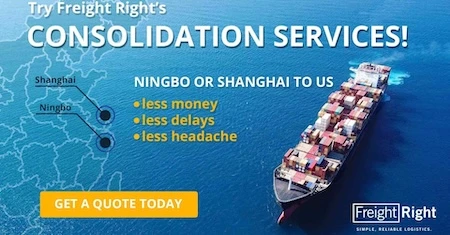
Freight Right is now offering direct consolidated ocean shipments to the Port of Long Beach and Los Angeles.
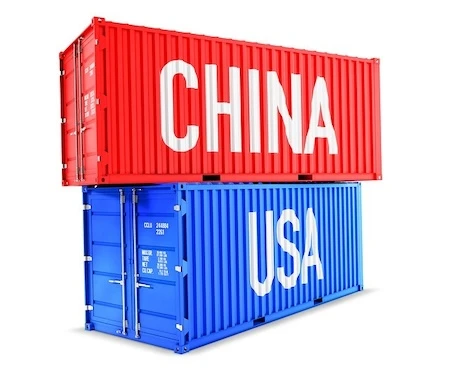
We examine how US-China trade tariffs have affected freight and logistics around the world.